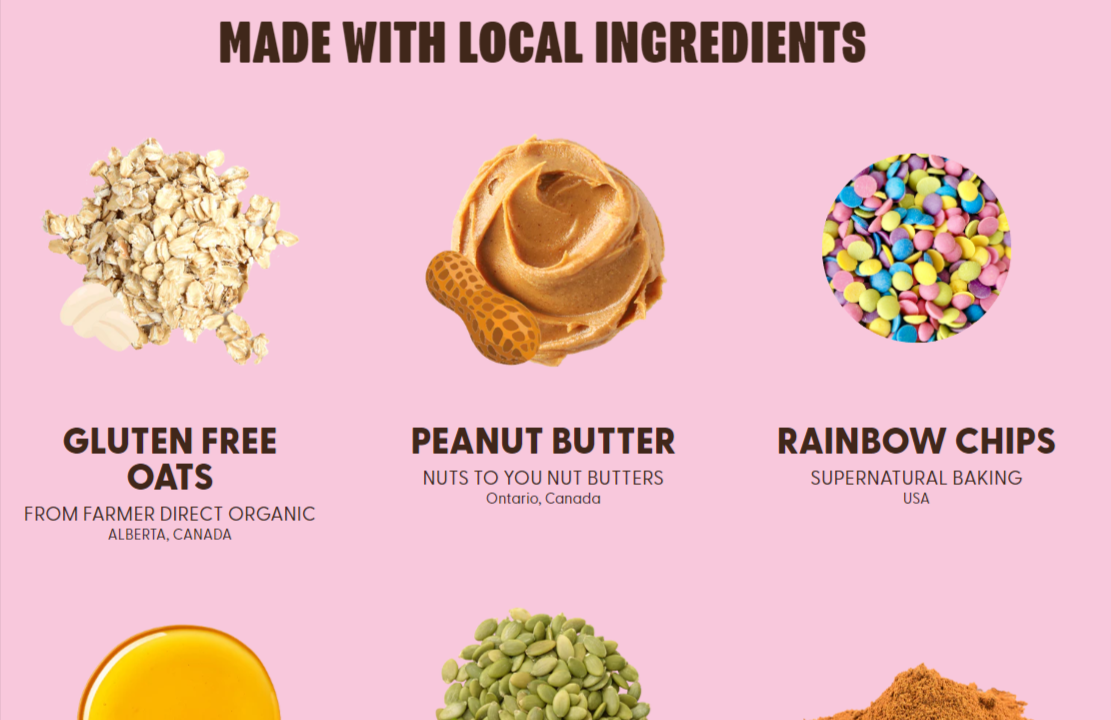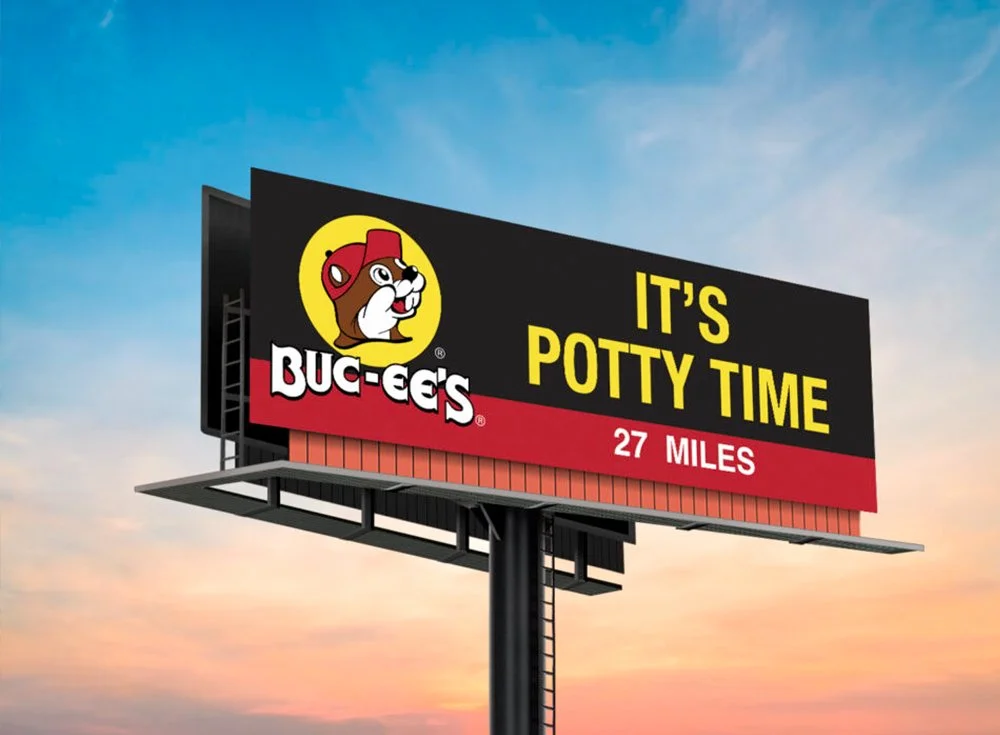Using Differentiators and Social Proof to Stand Out from Competitors
How to Identify What Makes Your Company Unique and Then Prove it to Customers
Understanding how to recognize your differentiators and leverage social proof as part of your organization’s brand strategy is critical to your success. Whether you are a large established business or a new entrepreneurial venture, knowing that makes your business different - and then, how to prove it to your customers - allows you to create successful marketing strategies, impactful messages, and meaningful ads.
But many businesses fail to understand what their differentiators are, usually because they don’t have the tools and methods to identify what makes them unique among the competition. So many organizations are created because of a great idea or a big opportunity, and continue to grow organically without a real understanding of why customers choose them.
In this article, we’ll explore how to discover your company’s differentiators using a simple formula that works for all types of businesses. Then, we’ll examine the six different types of social proof and look at real life examples of how to use them.
What are Company Differentiators?
The products, service, values, experiences, or people that make your company unique
Company differentiators are as complex as they are simple. They answer the strategic question: Why do people buy from you and not from someone else? Answering this question, which can be quite difficult to boil down exactly why folks do business with your organization, is the key to understanding your differentiators. Once you know why people choose you, you can then create strategies to market this unique component of your brand, but it takes deep reflection, and often a hefty dose of market research.
There are many reasons why consumers choose one company over another, including:
Products: You have a product that offers some kind of unique component that cannot be found elsewhere. Example: Long Warf Supply’s eco-friendly sweaters spun from from oysters
Service: You provide a unique service that one cannot hire for elsewhere. Example: a veterinarian who specializes in grey parrots
Values: Perhaps your products or services are similar to others, but your values make you unique within the industry. Example: Patagonia’s commitment to the planet
Experiences: Your products or services may be the same as others, but you offer a unique experience and emotional connection that cannot be found elsewhere. Example: Abercrombie & Fitch’s store smell and lighting in the 90s and 2000s.
People: The employees, volunteers, spokespeople, or customers that are a part of your brand. Example: The tribe of Jeep enthusiasts who leave rubber ducks on fellow jeeps.
How to Find Your Company’s Differentiators: Three Questions to Ask
It can be a real journey to discover what truly makes your company unique, but the effort is worth every penny. In truth, unless you know what makes you different in a sea of competitors, you risk losing brand awareness and becoming replaced by competitors. Perhaps you have no competitors? If you are part of the 1% that does, in fact, not have any competitors, this won’t last forever.
Think of Webex before the pandemic. They were the number one choice for most all video conferencing. They didn’t spend effort explaining what makes them different, because they were the only ones doing it. Enter Skype, then Zoom, then Google Meet, then Teams. Now Webex has very little market share, less than 10% in 2024.
Our method for identifying company competitors incorporates three simple questions to ask yourself:
What do you do better than the competition?
What do you do worse than to competition?
How do you get better at what makes you better than the competition?
This method may seem too simple, but the answer to each of these three questions unlocks critical insight for discovering your company’s differentiators. Why many differentiator methods focus on just what makes you better, we argue that your understanding your weaknesses are equally important. What’s more, knowing how to double down on what already makes you better improves your market position and continually empowers you.
What is Social Proof?
When it comes to building trust with your customers, using social proof is the foundation. It's proof that what you say makes your company unique and better is true. Social proof comes in many nuanced forms based on industry, audience, buying behavior, and more, but the six most common types of social proof are:
Awards
Reviews
Statistics
Testimonials
Publications
Case Studies
Using Awards as Social Proof in Marketing
Awards as social proof can be generic, like “Fastest Growing Companies in Denver” or specific to your industry, like “Top Virtual Assistants in the Midwest.” They help confirm your status, trustworthiness, and the quality of the services you produce from an unbiased source.
Look to Hubspot, on the the most successful marketing technology companies in the world, for an example of using awards as social proof. Even they advertise they awards they’ve won, and in a big way too.
Using Reviews as Social Proof in Marketing
Reviews as social proof are the most common of all social proof methods. Reviews touch every industry across the globe and have become incredibly powerful influencer of buyer behavior. Did you know that 49% of consumers trust online reviews as much as a personal recommendation from a friend? (source here)
It’s easier than ever to gather reviews from customers. Use Google Reviews, features reviews on your website, or gather reviews from another third party like Trustpilot.
Example
Homegoods company Buffy has a heavy-hitting social proof review strategy. With over 20,000 reviews for their comforter, they dominate the conversation.
Using Statistics as Social Proof in Marketing
Depending on your industry and customer base, statistics as social proof can be leveraged in a variety of powerful ways. If you are launching a healthy, locally-made snack, for example, showing stats that explain where it was made (50% of ingredients sourced from Maine!) is compelling. Maybe you have a small accounting firm - using objective stats confirm your value and give you an edge (40 years of local tax preparation!)
Example
Canadian snack company Made with Local promotes where their ingredients are sourced from. A rarity among packaged foods, this transparent marketing tactic builds trust and really separates them from the competition.
Using Testimonials as Social Proof in Marketing
Reviews’ more robust cousin, testimonials, is a heavy-hitter as social proof. Testimonials are longer, more detailed, and aren’t typically anonymous, like reviews can be. The more expensive the product or longer the sales cycle, the more important testimonials are. Consumers want to read specific details about your product or service before buying.
Using Publications as Social Proof in Marketing
Publications as social proof can be challenging to obtain, but the return is long-lasting. Fostering relationships with journalists, local media, and other esteemed people in your industry will help you snag a featured article. And once you are featured, the publication’s link helps drive organic traffic to your business for years to come.
Example
Sheep.inc, a sustainable merino wool clothing company based in the UK, leverages the publications they have been featured in as social proof. BBC is such a well-known brand that you can’t help but believe that Sheep.inc is the real deal.
Bedding company Brooklinen isn’t shy about listing the publications they have been featured in on their homepage, including household brands such as Vogue and Good Housekeeping.
Using Case Studies as Social Proof in Marketing
Case studies as social proof require the most effort, but are essential for many B2B (business to business) sales cycles. When tens or hundreds of thousands of dollars are on the line, an in-depth resource that outlines how your business was able to help a customer’s specific need is a must-have. Research from Gartner shows that 75% of B2B buyers prefer a rep-free sales experience (source) - and this is precisely where case studies lend a hand.
Example
Drift chat messaging software does a great job of using case studies as social proof, organizing their content by industry, problem, and more. They provide dozens of case studies to back up their key differentiators and values.
Video: Differentiators - The Key to a Unique, Powerful, and Trustworthy Business
Watch 38th & Kip Owner Alicia Disantis’ video tutorial on company differentiators and social proof, which includes real-life examples from companies.
What differentiators are
How to find your company's differentiators
How to create trust from buyers by using social proof, like reviews and statistics
Featuring examples from:












![[Video] The Importance of Personal Branding and Style](https://images.squarespace-cdn.com/content/v1/520554d2e4b004c7f36bec69/1763501803563-Z9ETS8FKI0MHAGDHVIQS/personal+branding.jpg)
